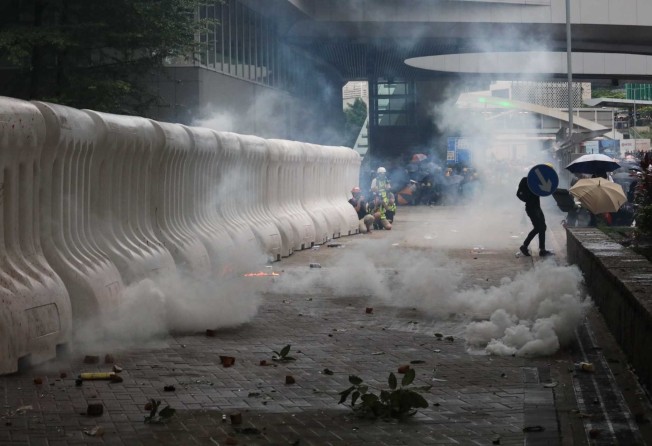Extradition bill withdrawal is only first step on road to reconciliation in Hong Kong
- After months of often violent protests, city leader must now reach out to public and address deep-seated problems in society

At long last, the extradition bill that has embroiled the city in its worst turmoil since reunification will be formally withdrawn. Belated as it is, the decision is badly needed to take the heat out of an escalating crisis and, hopefully, will pave the way to restoring order and stability.
While the change of heart by Chief Executive Carrie Lam Cheng Yuet-ngor will not please everyone, protesters would be wise to show similar goodwill if compromise and reconciliation are to be reached.
Announcing the withdrawal in a pre-recorded television address yesterday, the embattled leader said her government was also ready to take further steps to break the deadlock.
They would include appointing two new members to the Independent Police Complaints Council, getting ministers to reach out to the community in an attempt to address discontent, and asking experts, academics and community leaders to examine and review problems in society. “Let’s replace conflicts with conversations,” she said.
It has to be asked why the concessions have only come after 13 consecutive weeks of protests across the city, some of which erupted into extreme violence.
Following huge rallies in June, Lam only offered to suspend the bill, but then caved in further to declare it “dead”.
Her refusal to fully withdraw the bill, which would have allowed the extradition of criminals to jurisdictions without a treaty with the city, including the mainland, remains one of the reasons for the current crisis.
However, its withdrawal shows those peaceful protests have finally paid off.
Whether the measures can turn the situation around straight away remains to be seen. Welcome as it is, the pledge to examine the issues beyond the unrest falls short of protesters’ demands for an independent inquiry, particularly into the way police have handled protesters and journalists.
However, the government is adamant that the police watchdog is the right mechanism through which to seek redress.
To those who insist that all their demands must be met, the concessions, despite being positive steps, are likely to be a disappointment. Public discontent has been unleashed over a wealth of deep-seated issues in society and government efforts to rebuild Hong Kong must not stop here.
Lam had earlier pledged to look beyond the crisis of today to address many outstanding problems not tackled in the wake of the Occupy protests five years ago.
The announcement of such a review calls for concerted efforts from all sections of society in a process that may last for months or even longer. The momentum must be sustained and the issues finally and fully addressed.